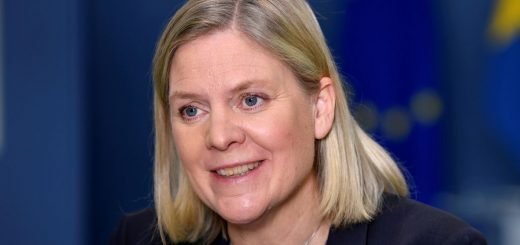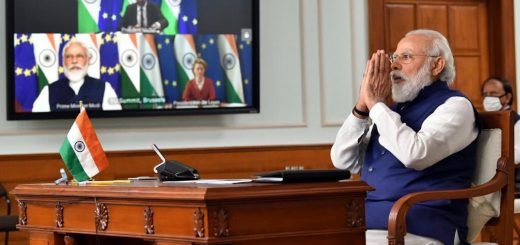French Elections 2022: Countering Fundamentalism and Impressing the Far-Right
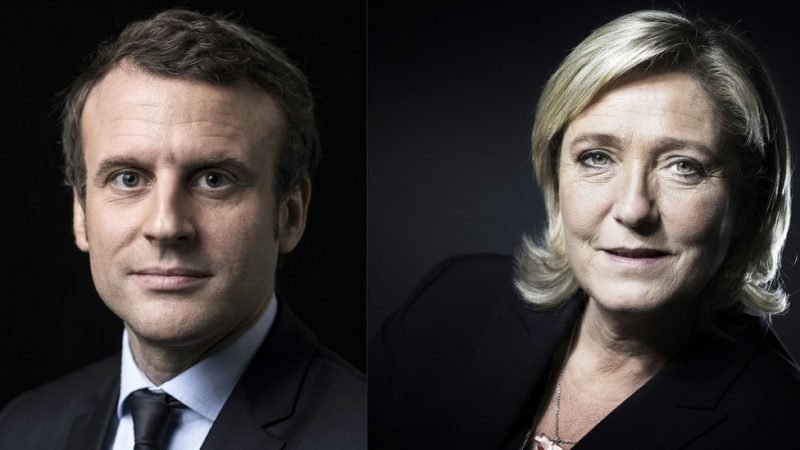
The French Presidential elections, due in April 2022 is hardly a year away. The incumbent President Emmanuel Macron is the front-runner this does not mean that his path to re-election will be smooth and he won’t face any obstacles in the next year’s runoff. Even though the opposition has still not recovered from the loss they suffered in 2017 when Macron shattered the political establishment, Marine Le Pen, a far-right leader who has been the most powerful challenger to Macron is now performing well in the polls. And the French people have also proved through the last two elections that being the incumbent is not necessarily to a candidate’s advantage.

The challenges to be faced
President Macron is going to face a lot of burden due to the raging Corona Virus crisis and the recent resurgence of Islamist fundamentalism, to retain his seat in the Elysée Presidential Palace. Even after winning President Macron will have to prove himself by discharging various responsibilities such as getting the vaccination campaign back on track as France’s vaccination efforts kicked off poorly as compared to other EU countries and if the French government under the Macron administration is not able to fight against the Corona Virus crisis, discontent will surely rise against Macron’s administration.
Another major challenge to retain the presidency is to perform decently at the regional elections planned for June. The election which will decide the heads of the 26 French regions, will mark a political milestone just a year ahead of the presidential election. President Macron’s party which was created from scratch in 2017, did not perform well in the last local elections and the Mayoral elections where its opponents enjoyed an unshakable party structure.
Other than these two obstacles the incumbent French President will also face the challenge to reboot the economy. The French economy has tremendously deteriorated, this has in turn affected many sectors due to the ongoing pandemic and the unemployment has also increased to a great extent. A significant part of Macron’s popularity will also depend on the impact of his government’s recovery plan to fight this situation. Apart from these challenges, the tension around the security bill, the fight against radical Islam, social unrest after nearly a year of successive lockdowns and a bleak economic forecast, or maybe the emergence of an anti-system candidate outside the traditional political ranks are some of the other obstacles which Macron’s administration may face.
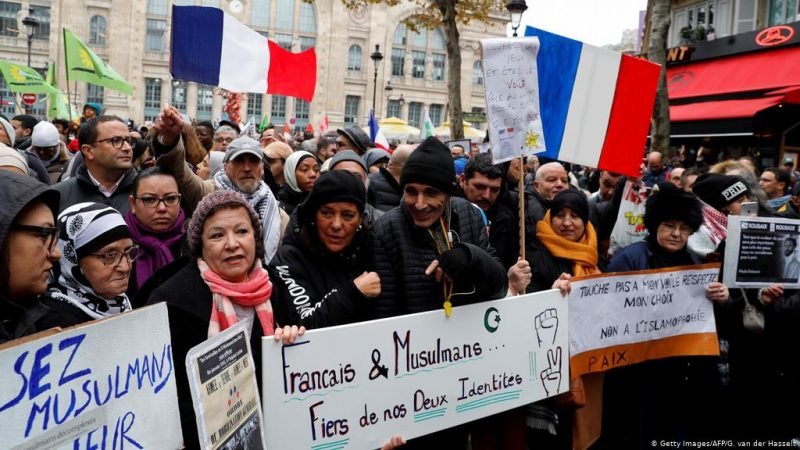
Radical Islam- A soft target
The fight against Radical Islam is a soft target for the next years presidential elections not only for the incumbent French President but also for his opponent Marine Le Pen as this sensitive issue would increase their vote bank by getting the support of the far-right French population after a wave of terror attacks in the fall. President Macron is all set to work on this agenda, to increase his support base among the French citizen by purposefully targeting radical Islam in the name of some terror attacks conducted by a few radical extremists. After a series of terrorist attacks in the fall, President Macron vowed to fight terrorism and radical Islam with a renewed intensity which is quite a good strategy to win the support of the majority, which will ultimately give him victory in the upcoming presidential elections.
Anti-Radicalism Bill
Recently, France’s National Assembly passed an anti-radicalism bill titled “Supporting respect for the principles of the Republic” which aims to strengthen the government’s oversight of mosques and religious schools, crackdown polygamy and forced marriages and other such measures aimed at rooting out Islamic radicalism. The bill has long been a part of Emmanuel Macron’s broader agenda to fight extremism which has gained added urgency after the series of terrorist attacks in the fall of last year when a French teacher, Samuel Paty was beheaded by the radical Islamist for showing the caricatures of Prophet Mohammed and three people were killed during a Knife attack at the Nice basilica.
According to President Macron, efforts are also needed to protect French values such as gender equality and secularism from encroaching on fundamentalism in some communities which have been his landmark project. But according to the majority of the French Muslim population, there are enough laws already to fight terrorism and the draft law limits their religious freedom and unfairly targets their community. This draft legislation can be seen as a political ploy to win the support of the conservative and far-right population ahead of next year’s presidential election.
A challenging runoff
Marine Le Pen a long-time far-right nemesis of President Macron, despite losing two elections she has never taken her eye off the presidency. Ms Marine is making waves in the polls ahead of next year’s presidential election, she has never been so closer to seizing power in France than she is now. Even after having a low profile in recent months, she has a reason to be confident enough because of the strategy of divide and rule that she has adopted to get the support of the far-right population which constitutes the majority.
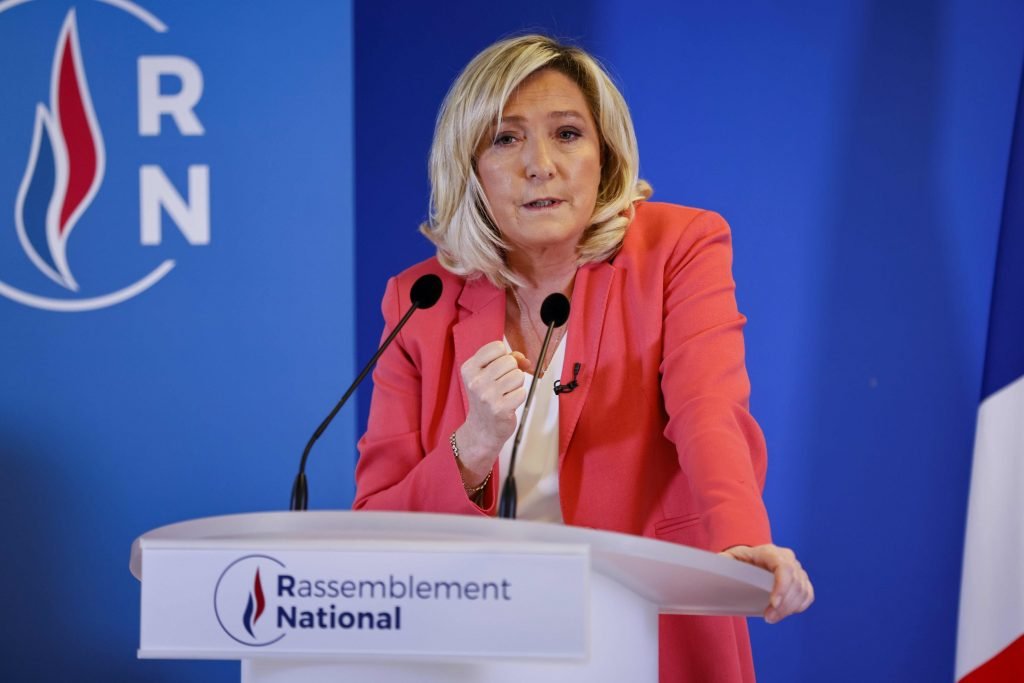
In recent months where Le Pen has struggled to find a voice because of the French government occupying most of the political space due to the Corona Virus crisis. Despite these early polls show her not only reaching a run-off round against President Emmanuel Macron in the 2022 election but also winning a larger share of votes than ever before. The strategy to target radical Islam has really helped her a lot but at the same time, it has increased the level of competition in the 2022 elections. But this can be seen as a disadvantage for President Macron and his allies who are now suspicious of the tactical voting which has always worked to keep Ms Marine out of the highest office.
Marine Le Pen was accused by Interior Minister Gerald Darmanin of being soft on radical Islam even after being a far-right leader. The statement is clearly a strategy to portray the government as tougher than the far-right leader in tackling Islamic extremism. Countering this statement, Le Pen criticized the bill as too weak and according to her National Rally party’s vice-president Jordan Bardella, the legislation mentions neither Muslim nor Islam by name and thus misses its target because it is not very effective in countering radical Islamist ideology directly. Thus, one can say fighting radical Islam has become a soft target to expand the support base in the upcoming elections as religion has always been a sensitive issue in politics and both President Macron and Ms Marine Le Pen are following the same strategy of divide and rule, and it will be exciting to see who would be able to win this runoff on religious lines.



